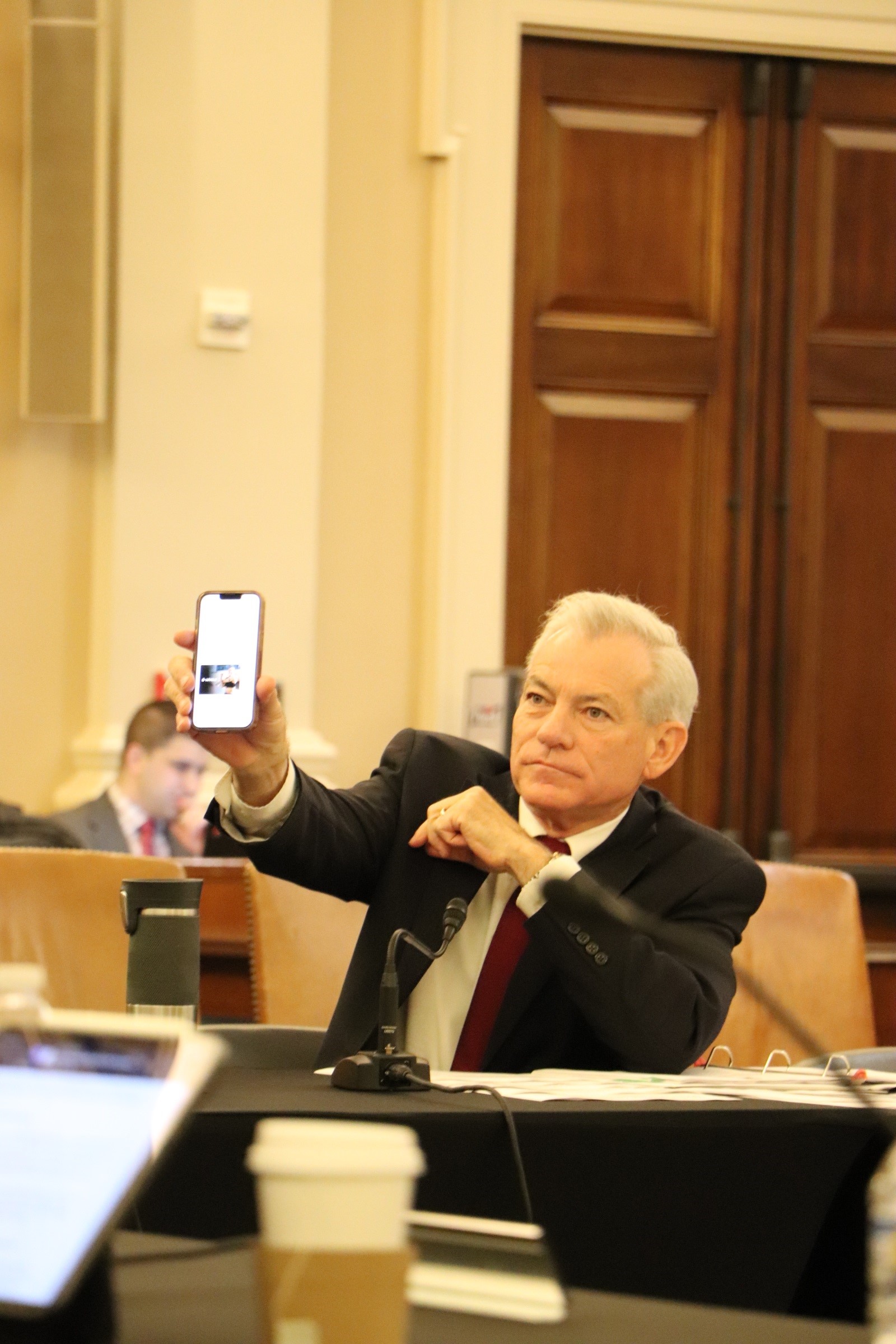Current State of Play in Washington
As with any new technology, Congress and federal agencies have to craft a regulatory regime that balances AI innovation with standard-setting.
Congressional committees with jurisdiction over health issues have held hearings in recent months to debate the risks and rewards of AI as they seek an appropriate legislative approach.
However, most of the AI action so far is happening within federal agencies and in the scientific community. There’s potential for the technology to not only boost biomedical research but also improve diagnosis and the quality of patient care.
Administrative push: In October, President Joe Biden issued an executive order creating guidelines and support for the use of AI across the federal government. That included a directive to the appropriate agencies to “advance the responsible use of AI in healthcare and the development of affordable and life-saving drugs.”
Already, the National Institutes of Health is embracing the technology for a wide range of uses, including data analysis, medical imaging and research.
And the Food and Drug Administration has authorized nearly 700 AI-enabled devices. The FDA contends that AI can strengthen its operational systems by processing and analyzing complex information faster, “including data from medical imaging or digital health technologies.”
Monica Lopez, a brain scientist who advises different industries on the use of AI, also said the technology could play a key role in improving clinical trials, which tend to be expensive, time-consuming and not inclusive.
“So imagine if you can create simulations of this,” said Lopez, co-founder and CEO of Cognitive Insights for Artificial Intelligence. “It would be much faster, so much more efficient and reduce costs. It would allow for more to engage in that, so in a way, it democratizes access capabilities.”
The Policy Pipeline
There’s been a flurry of activity around AI and health care in Congress in recent months as lawmakers plunge into potential policymaking.
House Energy and Commerce Committee Chair Cathy McMorris Rodgers (R-Wash.) has called for a national data privacy standard as the starting point for AI health care legislation. McMorris Rodgers and Senate Commerce Committee Chair Maria Cantwell (D-Wash.) introduced bipartisan data privacy legislation in April.
Some individual members interested in AI have their own proposals. For example, Rep. David Schweikert (R-Ariz.) has introduced the Healthy Technology Act, a bill that would qualify AI and machine learning technologies as practitioners eligible to prescribe drugs.
Schweikert, a House Ways and Means Committee member, also views AI as a tool that could help address the growing U.S. debt by shrinking health care costs while also keeping people healthier.
There are examples “where you can remove costs of the system and make it much faster and much cheaper, and they’re already in progress,” Schweikert said of AI opportunities.


